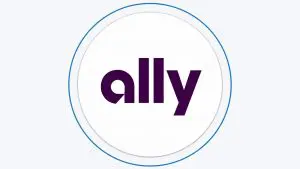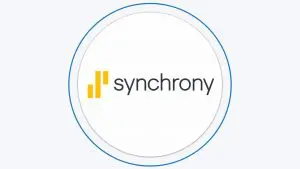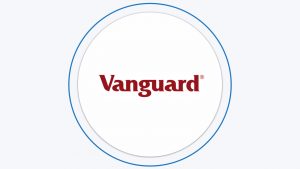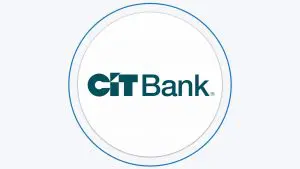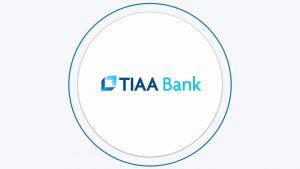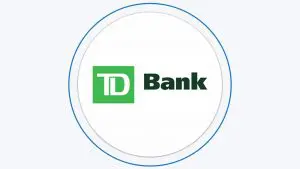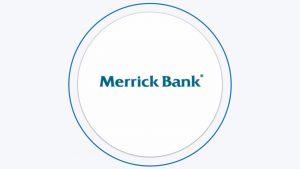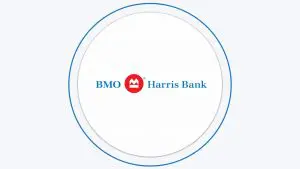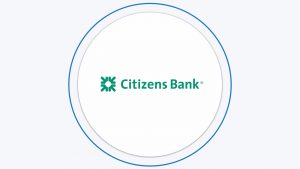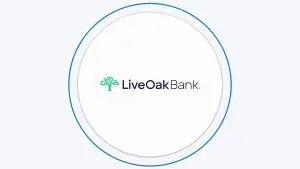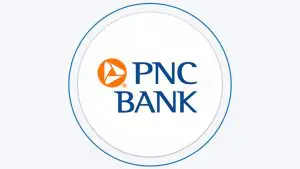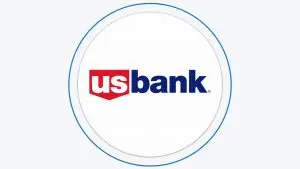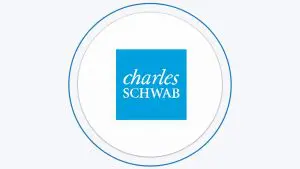Table Of Content
Key Takeaways
- Investing in CDs has some advantages: they usually pay higher interest rates compared to savings and money market accounts, they are safe and the minimum deposit is low.
- Investing in CDs also has some disadvantages: Unless it's a no-penalty CD, clients have to pay an early withdrawal penalty if they decide to withdraw the money before the term. Also, CDs are exposed to inflation risks as well.

What Are Certificates of Deposits (CDs)?
Technically, a certificate of deposit (CD) is a document that evidences a contract that a depositor enters with a bank for a fixed period. This period is what they call the term. What happens in the transaction is that the depositor entrusts his funds to the bank for the time that they agree upon, and the bank agrees to pay interest to the depositor.
Essentially, CDs fall under the classification of time deposit. Their interest rates are higher than regular savings accounts (but lower than other instruments like bonds) because you keep your money in the bank for a specific number of months or years. It could be six months, 18 months, or several years.
The interest rate adjusts accordingly to the term length or the time you promise to keep your money in the bank. The longer the funds will remain with the bank, the higher the interest they will pay to you.
CDs Advantages And Disadvantages
Here are the main pros and cons to know before putting your opening a CD:
Pros | Cons |
|---|---|
Laddering Options | Inflation Risk |
Higher Returns Compared To Other Deposits | Not Flexible |
Secure | Taxable Investment |
Low Minimum |
Early Withdrawal Penalty |
Diversity |
- Laddering Options
If the rates are low at the beginning of the term, you can use laddering to take partial advantage of variable rates. Choosing a CD ladder means dividing your investment into several smaller CDs at higher rates that will become due at different pre-selected dates.
Doing this will afford you the potential for maximum growth and more liquidity. You may be able to access your funds a little faster than normal.

- Higher Returns
In a CD, you lock in your money for a specific period such that you don’t have the liberty of taking it back at a moment’s notice like a savings or checking account. This makes CDs more valuable to banks because they can hold on to the funds (and use them) longer.
For this reason, banks are willing to pay CD investors a higher rate in exchange for letting their money stay for a set amount of time. You should compute how much net interest you could potentially earn from your deposit.
- Secure
Perhaps the best come-on that CDs offer is their security. CDs have FDIC insurance coverage so they are one of the safest investments available in the market.
As of 2025, the deposit insurance covers all bank and credit union CDs up to $250,000 per financial institution.
- Low Minimum
Most of the banks impose limits on the amount of money you can send through an ACH transfer. There might be da
- Diversity
CD products have evolved such that financial institutions now offer a range of CD products with various rates and maturity options that would fit your investment goals.
- Inflation Risk
One defect of CDs is that they can never stand against inflation and tend to suffer as the inflation rate goes up.
If the rate of inflation is higher than your rate of return on the CD, the value of your money will go down tremendously. You will lose out on purchasing power because your earnings will not be able to buy many things at all.
If you're looking for an inflation hedge, gold may be better than CDs.
- Not Flexible
If you have a savings account, an emergency doesn’t have to paralyze you financially because you know that you can get your money from the bank at any time.
With CDs, you can’t just take your money when you want or need it and if the bank will allow you, it will be subject to an early termination penalty.
- Taxable Investment
Ordinarily, you still have to pay income tax on the not-so-big interest you earn from a CD. The IRS considers the interest as interest income so you’ll have to report that in the year you’ve received it.
There is no specific tax rate for interest income on CD so it falls under the tax rate for your individual bracket. This means that the final tax will depend on whatever total income you put on your return.
If you hold your CD in a retirement account such as an IRA, you may not owe any income tax on the interest you earn every year. Instead, you’ll pay the taxes when it comes to getting your money from your retirement account.
- Early Withdrawal Penalty
The rules for early withdrawal will vary for each bank and credit union.
In many cases, you will forfeit a portion of the interest that you may have earned by the time you make the untimely withdrawal.
Are CDs a Good Investment in 2025?
CDs are a good option for people with a lot of money who want to put them into something safe. The interest rates increase supports CDs that provide much higher rates in 2025 compared to previous years.
CDs have been around since the beginning of banking, and other investment choices have emerged. However, many people doubt their relevance in the future because they are one of the oldest options accessible.
Examining the present economic circumstances and your particular financial situation might help you decide if a CD is a good investment. The certainty of a CD is its greatest charm. Because the rate is fixed, predicting future revenues is no longer a guessing game. Furthermore, most banks provide higher rates on CDs than what they offer on savings accounts.
CDs, on the other hand, may not be the best option for people who live paycheck to paycheck and wish to supplement their income with investments. CDs require you to keep your money locked up for a period of time, so taking it out too soon can have negative implications.
While a CD functions similarly to a savings account, you will not be able to access it early without incurring a penalty.
Financial Institution | Savings APY | CD APY |
|---|---|---|
American Express
| 3.70% | Up to 4.00% |
Marcus
| 3.75% | 3.75% – 4.50% |
Capital One
| 3.70% | 3.50% – 4.00%
|
Discover Bank
| 3.70% | 2.00% – 4.00%
|
Quontic | 3.85% | 3.00% – 4.00% |
UFB Direct
| Up to 4.01% | / |
Ally Bank
| 3.60% | 2.90% – 4.00% |
TIAA Bank
| 4.30% | 3.50% – 4.10% |
Can you Lose Money on CDs?
When it comes to your long-term finances, inflation is a significant problem. For example, if inflation is 2% and your CD pays 1%, you will lose some of your money's purchasing power over time.
If you're planning on keeping your money in an account, this means you should think about how the rate of interest compares to inflation.
Do CDs Help You Build Credit?
When making any new financial decision, it's critical to consider how it will affect your credit score. Regarding CDs, it's essential to think whether this investment is suitable for you.
On a basic level, CDs have no impact on your credit. However, some people use them to improve their ratings mistakenly. This is accomplished by obtaining a secured loan on the CD. Your credit score will improve as you repay the loan. On the other hand, investing solely in a CD will have no positive or dire consequences.
Bottom Line
Certificates of Deposit (CD) appeal to people who want to save money in a bank or credit union with a relatively higher interest. You can save money for the future and earn interest without you doing anything while your money remains safe in the bank.
The disadvantages of CDs are a handful, but they are minor and not enough to outweigh the advantages.
FAQs
Can I lose money with a CD?
It is unlikely to lose principal with a CD, as they are considered low-risk, but inflation may erode the real value of returns.
Are there tax implications for CD interest?
Yes, CD interest is generally taxable income, and investors may need to report it on their tax returns.
Can I use a CD as collateral for a loan?
Some banks allow using a CD as collateral for a loan, providing a secured borrowing option.
What happens at the end of a CD term?
At maturity, investors can choose to renew the CD, withdraw the funds, or explore other investment options.
Are CD interest rates fixed or variable?
CD interest rates are fixed, offering predictability for investors.
How is the interest on CDs paid?
Interest can be paid monthly, quarterly, annually, or at maturity, depending on the CD terms.

